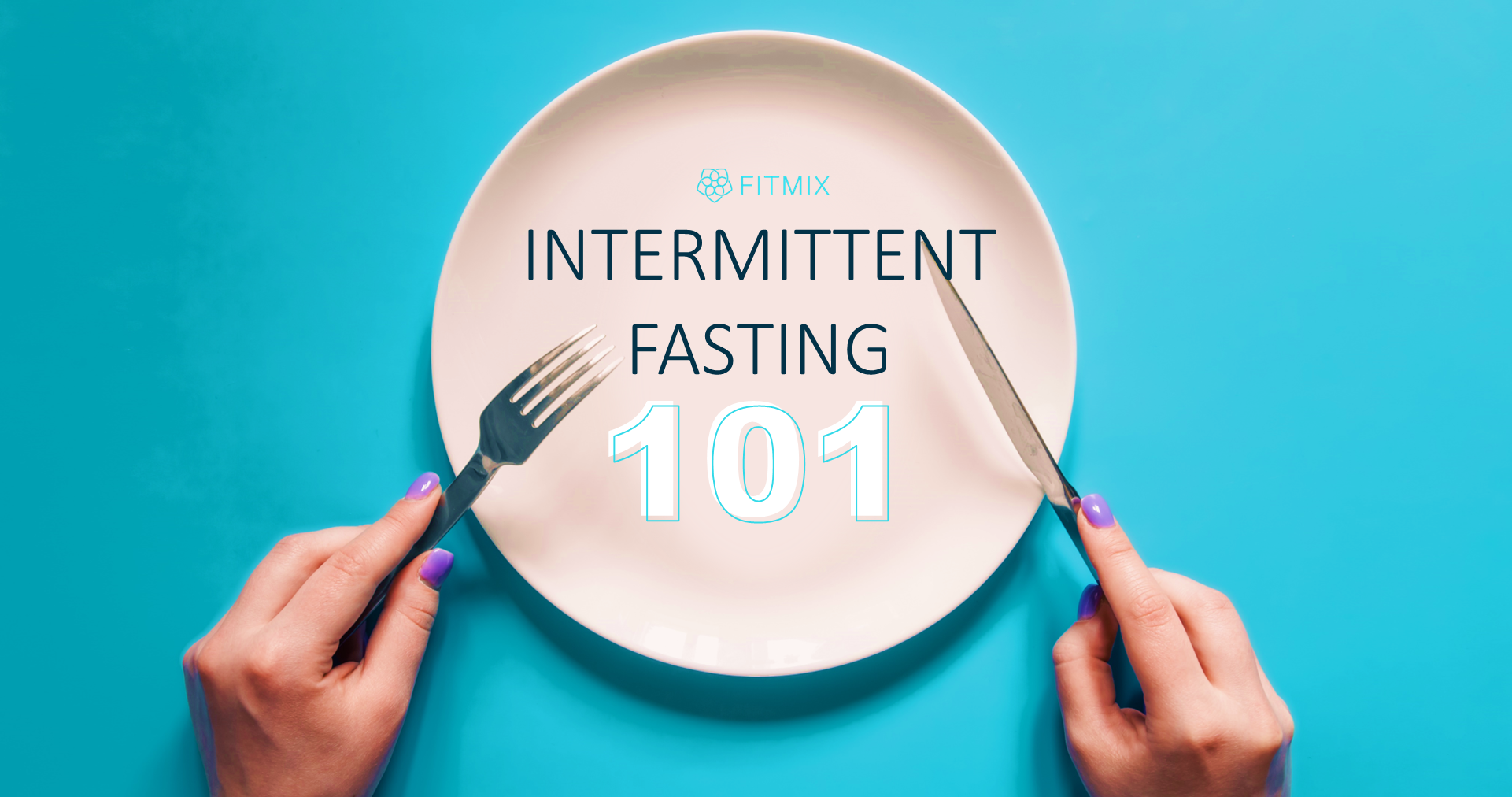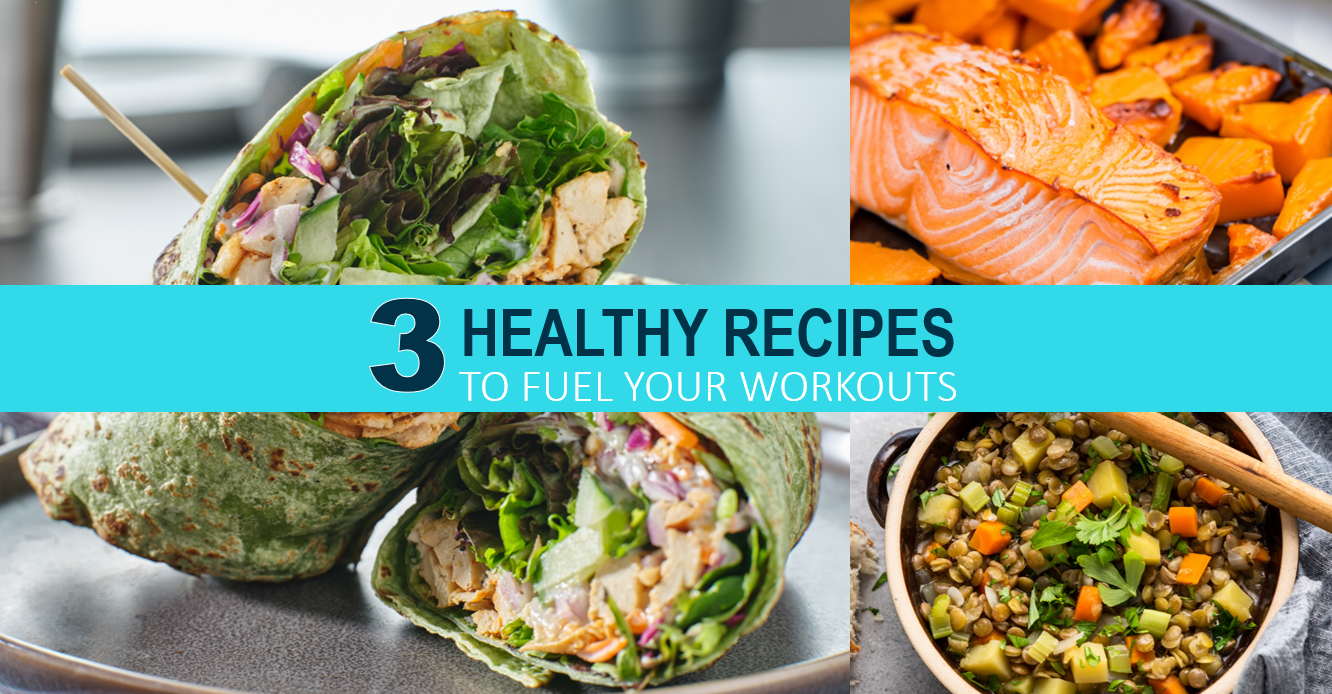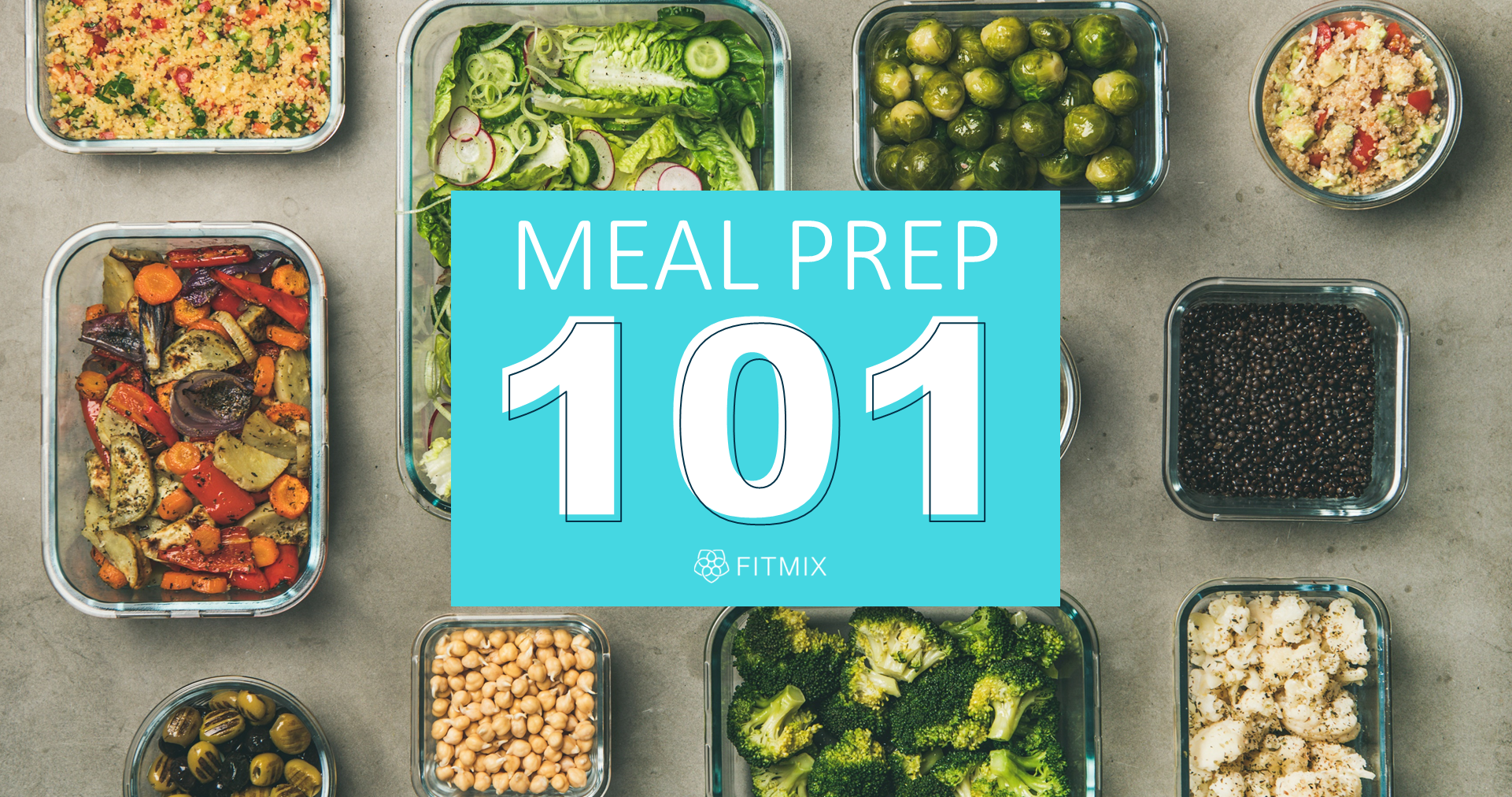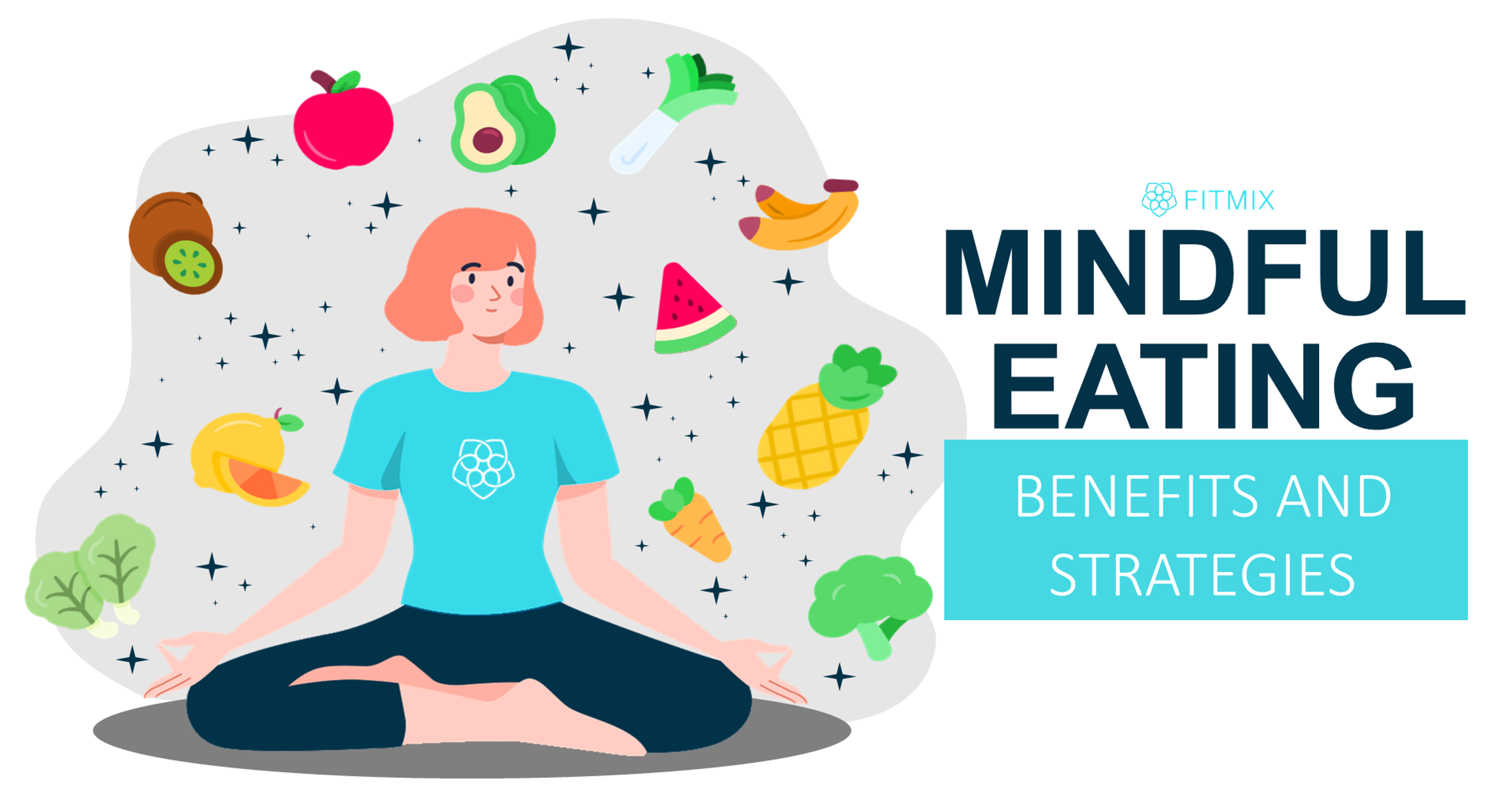Nutrition For CrossFit: Fueling For Performance & Recovery
 March 30, 2024
March 30, 2024
 0
0
 0
0
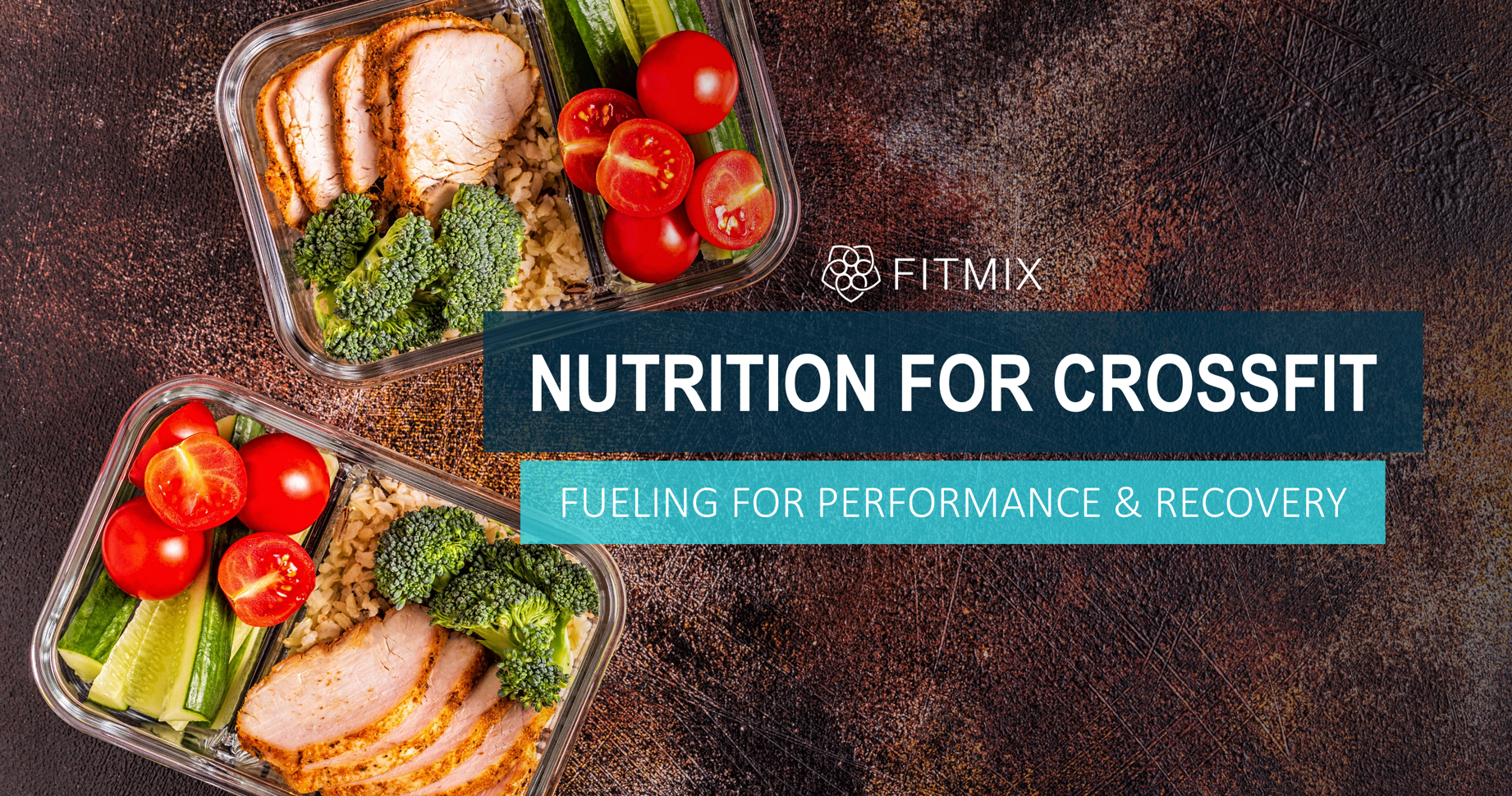
When it comes to CrossFit, the focus often lies on the intensity and variety of the workouts. However, what you fuel your body with is just as crucial. Nutrition plays a significant role in how you perform and recover from these rigorous workouts. In this blog, we dive into the best nutritional practices for CrossFitters, aiming to enhance performance, speed up recovery, and maintain overall health.
Understanding the CrossFit Diet
CrossFit’s philosophy on nutrition is straightforward: eat meats and vegetables, nuts and seeds, some fruit, little starch, and no sugar. Keep intake levels that will support exercise but not body fat. This diet is about balancing protein, carbohydrates, and fats in a way that supports the demands of the workouts.
Protein: The Building Block
Protein is essential for muscle repair and growth, especially crucial in a high-intensity program like CrossFit.
Ideal Sources:
- Lean meats like chicken, turkey, and beef
- Fish, especially fatty fish like salmon
- Plant-based options like lentils, chickpeas, and quinoa for vegetarians
Carbohydrates: The Energy Source
Carbohydrates are your body’s primary fuel source during high-intensity workouts. They are not the enemy, but the type of carbs matters.
Smart Choices:
- Whole grains like brown rice, quinoa, and oats
- Starchy vegetables like sweet potatoes and squash
- Fruits like berries, bananas, and apples
Fats: Essential for Health
Healthy fats are vital for joint health, hormone production, and overall well-being.
Healthy Fats Include:
- Avocados
- Nuts and seeds
- Olive oil and coconut oil
Hydration: The Often Forgotten Nutrient
Water is crucial for performance and recovery. Staying adequately hydrated helps with joint lubrication, temperature regulation, and transporting nutrients to the cells.
Pre and Post-Workout Nutrition
Pre-Workout: Aim for a balance of carbs and protein about 1-2 hours before your workout. For example, a banana with almond butter or a small smoothie.
Post-Workout: After your workout, it's vital to refuel. Focus on protein to aid in muscle repair and carbs to replenish glycogen stores. A protein shake or a meal with lean protein and veggies is a good choice.
Supplements: Aiding Your Diet
While whole foods should always be the priority, supplements like whey protein, BCAAs (Branched-Chain Amino Acids), and Omega-3s can support your nutritional needs, especially if you have dietary restrictions.
Listen to Your Body
Nutrition is highly individual. Pay attention to how your body responds to different foods and adjust your diet accordingly. What works for one person might not work for another.
Conclusion
Nutrition in CrossFit is about more than just eating healthy; it’s about fueling your body for optimal performance and recovery. A balanced diet rich in protein, carbs, and healthy fats, along with proper hydration, can significantly impact your CrossFit journey. Remember, the goal is to nourish your body in a way that supports your training and overall wellness.
Subscribe to My Newsletter
Fill your email below to subscribe to my newsletter
Comments (00)
Be the first to comment!
Leave a Reply
Your email address will not be published. Required fields are marked *


